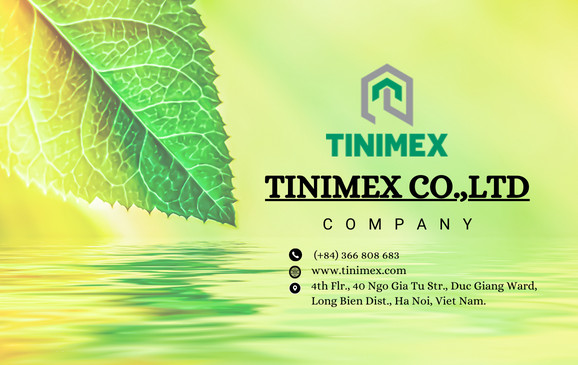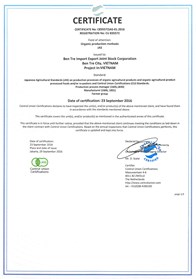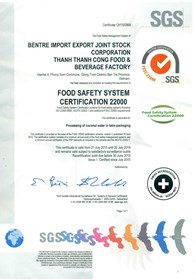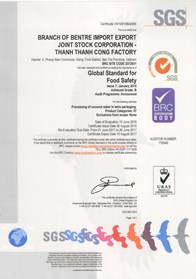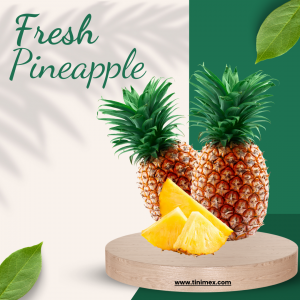POLISHED MATURE COCONUT
Liên hệ
POLISHED MATURE COCONUT
Size: 0.5-0.8kg/nuts
Age: 9 months
Packing: 25pcs/PP bag
Loading: 20’RF; 40’RF
Min order: 1 cont 20’RF
Polished Mature Coconut
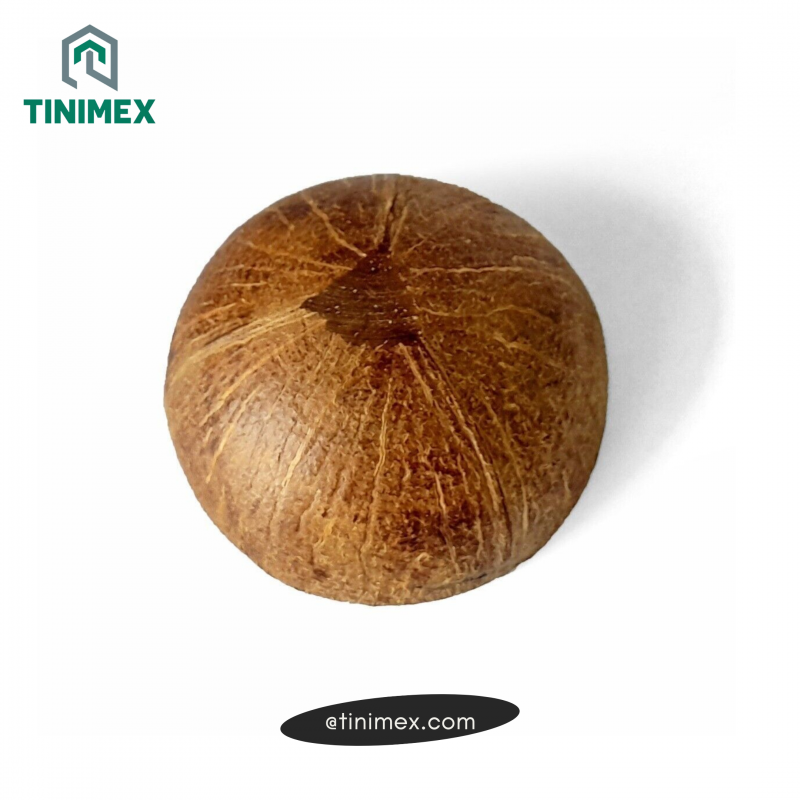
Introduction to the Characteristics of Polished Mature Coconut
A polished mature coconut is a coconut that has reached full maturity and undergone a process to remove its outer husk and polish its shell, leaving the meat and water inside intact. These coconuts are known for their smooth, aesthetically pleasing appearance and their practical applications in various culinary and cultural contexts.
How is Polished Mature Coconut Different from Regular Coconut?
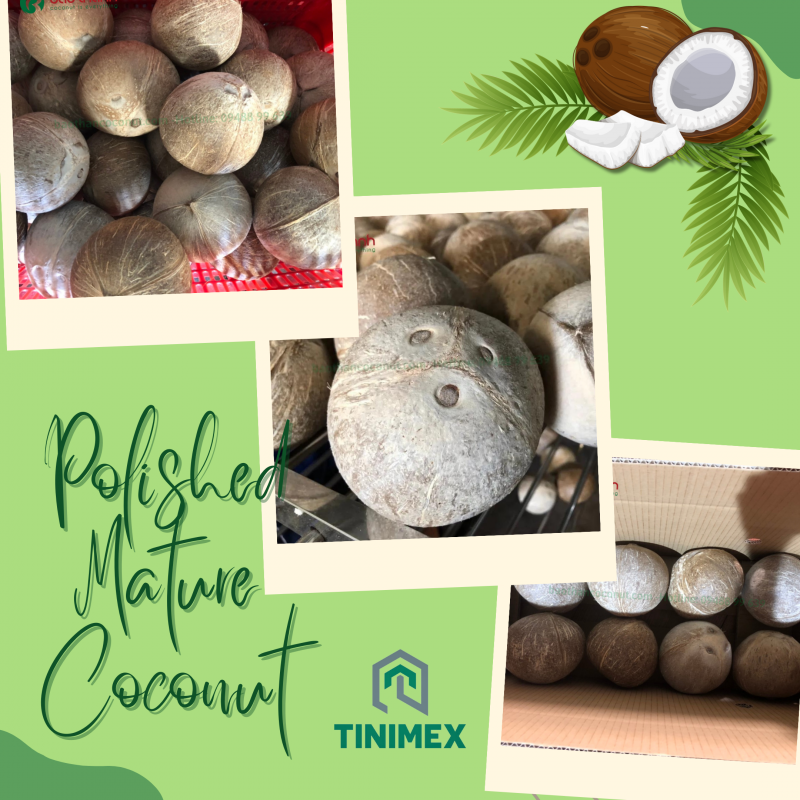
Regular Coconut:
- Appearance: Covered with a fibrous outer husk.
- Shell: Brown and often rough with remaining fibers.
- Processing: Usually requires additional work to remove the husk and prepare the coconut for use.
- Contents: Contains water and thick meat, but accessing these can be more challenging.
Polished Mature Coconut:
- Appearance: Smooth, clean brown shell with no fibrous husk.
- Shell: Polished for a smooth finish.
- Processing: Husk is already removed, making it ready to use.
- Contents: Intact water and meat, easily accessible.
Application of Polished Mature Coconut
Culinary Uses:
- Fresh Consumption: Can be cracked open for fresh coconut water and meat.
- Coconut Milk and Oil: The meat can be processed to produce coconut milk and oil.
- Cooking and Baking: Used in various recipes for its rich flavor.
Craft and Decorative Uses:
- Bowls and Utensils: The polished shells can be crafted into bowls, spoons, and other utensils.
- Decorative Items: Used in making decorative objects and as part of gift baskets.
Cultural and Religious Practices:
- Offerings: Used in religious rituals and as offerings in many cultures.
- Festivities: Integral part of certain cultural celebrations.
Is Drinking Polished Mature Coconut Delicious?
Polished dried coconut differs from regular coconut mainly in appearance and feel when consumed. During the production process, polished dried coconut undergoes special processing steps to create a smoother and more beautiful surface. This creates a clear difference in appearance and sensory experience when enjoying.
One of the important steps in the production of polished dried coconut is the treatment of the coconut meat to remove moisture and create a smooth surface. After harvesting, coconut meat is separated from the shell, then washed and dried to remove all water. The coconut meat is then polished using special tools and techniques, creating a smooth and lustrous surface. This process may include the use of mechanical machinery or manual methods, depending on the scale of production and quality requirements.
As a result, polished dried coconut often has a very attractive appearance, with a smooth and lustrous surface, creating an attractive visual experience when looked at. As for the feeling when consumed, polished dried coconut often feels softer than regular coconut, with a natural and delicious coconut flavor, providing an attractive and enjoyable enjoying experience. Therefore, the difference in appearance and feel when consumed is the highlight of polished dried coconut compared to regular coconut.
How to Choose High Quality Polished Mature Coconut
When selecting polished mature coconuts, it is important to assess several key factors to ensure you are choosing a high-quality product. Here are detailed considerations:
Shell Integrity
- Check for Cracks and Holes: Examine the coconut closely for any signs of cracks, holes, or damage to the shell. Even small cracks can lead to the coconut’s contents spoiling more quickly or contaminating the water and meat inside.
- Uniform Shell Surface: The shell should be uniformly polished and smooth. Any irregularities, dents, or blemishes might indicate mishandling or a compromised coconut.
Weight
- Heaviness: Heavier coconuts usually indicate a higher water content, which is desirable as it suggests the coconut is fresh and fully matured. Compare the weight of different coconuts; the heavier ones are often better choices.
- Consistency: Pick up several coconuts to gauge their weight. A consistently heavy coconut is likely to have more water and fresher meat inside.
Sound
- Shake Test: Gently shake the coconut next to your ear. You should hear a clear, sloshing sound of the coconut water inside. This indicates that the coconut is fresh and has not dried out.
- Water Movement: The sound of water moving freely inside is a good sign. If you do not hear any sound, the coconut might be old or spoiled, with the water either absorbed by the meat or leaked out through unnoticed cracks.
Appearance
- Uniform Polishing: The shell should be evenly polished, with no fibers remaining. This indicates that the coconut has been processed with care, and the outer husk has been completely removed.
- Color and Cleanliness: Look for a clean, brown shell with a uniform color. Avoid coconuts with dark spots, mold, or discoloration, as these can be signs of spoilage or poor storage conditions.
- No Residue: Ensure there is no residue or remaining fibrous material on the shell, which can harbor bacteria or mold, potentially contaminating the coconut.
Additional Tips
- Smell: While this is more difficult with an unopened coconut, if you detect any off or sour smells, this could indicate spoilage.
- Supplier Reputation: Purchase from reputable suppliers or brands known for quality coconuts. Trustworthy sources are more likely to handle and store coconuts properly.
- Seasonal Considerations: Freshness can vary with the season and location of harvest. If possible, learn about the best seasons for fresh coconuts from specific regions.
By carefully examining these factors, you can select high-quality polished mature coconuts that are fresh, flavorful, and free from defects. This ensures a better culinary experience and maximizes the enjoyment of both the coconut water and meat.
Standards for Polished Mature Coconut for Export
To meet export standards, polished mature coconuts must adhere to stringent criteria to ensure they maintain quality, freshness, and safety during transportation and upon arrival at their destination. Here are the detailed standards:
Quality
- Crack-Free: Export-grade coconuts must be completely free from any cracks or holes, which can lead to contamination and spoilage. Inspections are typically conducted to ensure shell integrity.
- Blemish-Free: The shells should be smooth and free from blemishes, discolorations, or dark spots. These could indicate damage or potential spoilage.
- Mold-Free: Any sign of mold on the shell disqualifies the coconut from being exported. Mold not only affects the aesthetic quality but also poses health risks.
Weight
- Minimum Weight Requirements: Export standards often specify a minimum weight that coconuts must meet, ensuring that they contain sufficient water and meat. This weight is a good indicator of freshness and maturity.
- Consistency: The weight of the coconuts must be consistent across batches to meet buyer expectations and provide uniformity in quality and content.
Packaging
- Protective Packaging: Polished mature coconuts must be packaged in a way that protects them from physical damage during transportation. This typically involves using sturdy, cushioned materials that absorb shocks and prevent movement.
- Hygienic Packaging: The packaging materials and process must ensure the coconuts are kept clean and free from contamination. This includes using food-grade materials and maintaining a hygienic packing environment.
- Ventilation: Proper ventilation in packaging is necessary to prevent moisture buildup, which can lead to mold growth and spoilage.
Labeling
- Origin: Labels must clearly indicate the country of origin, providing traceability and meeting import regulations of the destination country.
- Weight: Each package should display the net weight, allowing buyers to verify they are receiving the correct amount.
- Additional Information: Labels should also include information such as the date of harvest, best before date, handling instructions, and the name and contact details of the exporter.
- Language Compliance: Labels must be in the language(s) required by the importing country, ensuring clear communication of important information.
Certification
- Food Safety Standards: Exported coconuts must comply with international food safety standards such as those set by the Codex Alimentarius Commission, the FDA (Food and Drug Administration) in the United States, or the EFSA (European Food Safety Authority) in Europe.
- Quality Assurance: Certifications such as ISO 22000 (Food Safety Management) or HACCP (Hazard Analysis and Critical Control Points) are often required to demonstrate that the coconuts have been processed in a safe and controlled environment.
- Organic Certification: If the coconuts are marketed as organic, they must meet the organic certification standards of the importing country, such as USDA Organic or EU Organic certification.
- Fair Trade Certification: For markets that value ethical sourcing, Fair Trade certification can be important, indicating that the coconuts were produced under fair labor conditions and environmentally sustainable practices.
Compliance with Import Regulations
- Phytosanitary Certificates: Some countries require phytosanitary certificates to ensure that the coconuts are free from pests and diseases.
- Customs Documentation: Proper documentation is needed to facilitate smooth customs clearance, including invoices, packing lists, and certificates of origin.
By adhering to these detailed standards, exporters can ensure that polished mature coconuts meet the high-quality expectations of international markets, maintain their freshness and safety during transit, and comply with regulatory requirements, thereby enhancing their marketability and consumer satisfaction.
How to Preserve Polished Mature Coconut
Storage:
- Cool Environment: Store in a cool, dry place away from direct sunlight.
- Refrigeration: For longer preservation, especially after opening, refrigerate the coconut.
Handling:
- Careful Handling: Avoid dropping or striking the coconut to prevent cracks.
- Seal After Opening: If only partially used, seal the remaining portion to maintain freshness.
Shelf Life:
- Unopened: Can last several weeks to months if stored properly.
- Opened: Consume within a few days if refrigerated to ensure optimal taste and quality.
Location: No.40 Ngo Gia Tu Str., Duc Giang Ward, Long Bien Dist, Ha Noi City, Vietnam
Contact: +84 366 808 683
Email: info@tinimex.com
Fanpage: Tinimex
Website: Tinimex.com




Tinimex was established in 2020 specializing in manufacturing and exporting agricultural products such as:
Spices: Cinnamon, Star Anise, Cardamon, Black pepper, Ginger, Turmeric,…
Fruit with: Fresh fruit: Dragon fruit, Lime, Fresh Coconut,….
Dried fruit: Desiccate Coconut, Dried Mango, Dried Banana, Dried Jackfruit,…
Tinimex’s responsibility, in addition to the main products at the factory, we will also constantly search for new agricultural products from the growing areas or farmers, collect, produce and pack at the factory to meet the needs of customers as well as the market.
We have a head office in Hanoi and two manufacturing plants in Yen Bai Province manufacture Spices and Ben Tre Province manufacture Dried Fruit and Fresh fruit
+ Hanoi Head Office: 4th Flr., 40 Ngo Gia Tu Str., Duc Giang Ward, Long Bien Dist., Ha Noi, Viet Nam.
Our factory:
+ Yen Bai factory: Mau A Town, Văn Yen Dist., Yen Bai Province, Vietnam
+ Ben Tre Factory: Hamlet 2, Son Phu Commune, Giong Trom District, Ben Tre Province
All our Factories strictly control the system by ISO 22000:2018, HACCP, FDA.
Our factory:
+ Yen Bai factory: Mau A Town, Văn Yen Dist., Yen Bai Province, Vietnam
+ Ben Tre Factory: Hamlet 2, Son Phu Commune, Giong Trom District, Ben Tre Province
Hanoi Head Office:
4th Flr., 40 Ngo Gia Tu Str., Duc Giang Ward, Long Bien Dist., Ha Noi, Viet Nam
(+84) 366 808 683
info@tinimex.com
www.tinimex.com
All our Factories strictly control the system by ISO 22000:2018, HACCP, FDA.

Throughout the production process, every stage is tightly controlled, from sourcing raw materials to processing, with absolutely no use of harmful chemicals, preservatives, or artificial colors and flavors. Our focus is on achieving internationally recognized standards. Betrimex's products have obtained various international certifications, including ORGANIC (USDA, EU), BRC, FDA, HALAL, KOSHER, BSCI, FSSC 22000.
Our products are currently available in over 20 countries worldwide.
